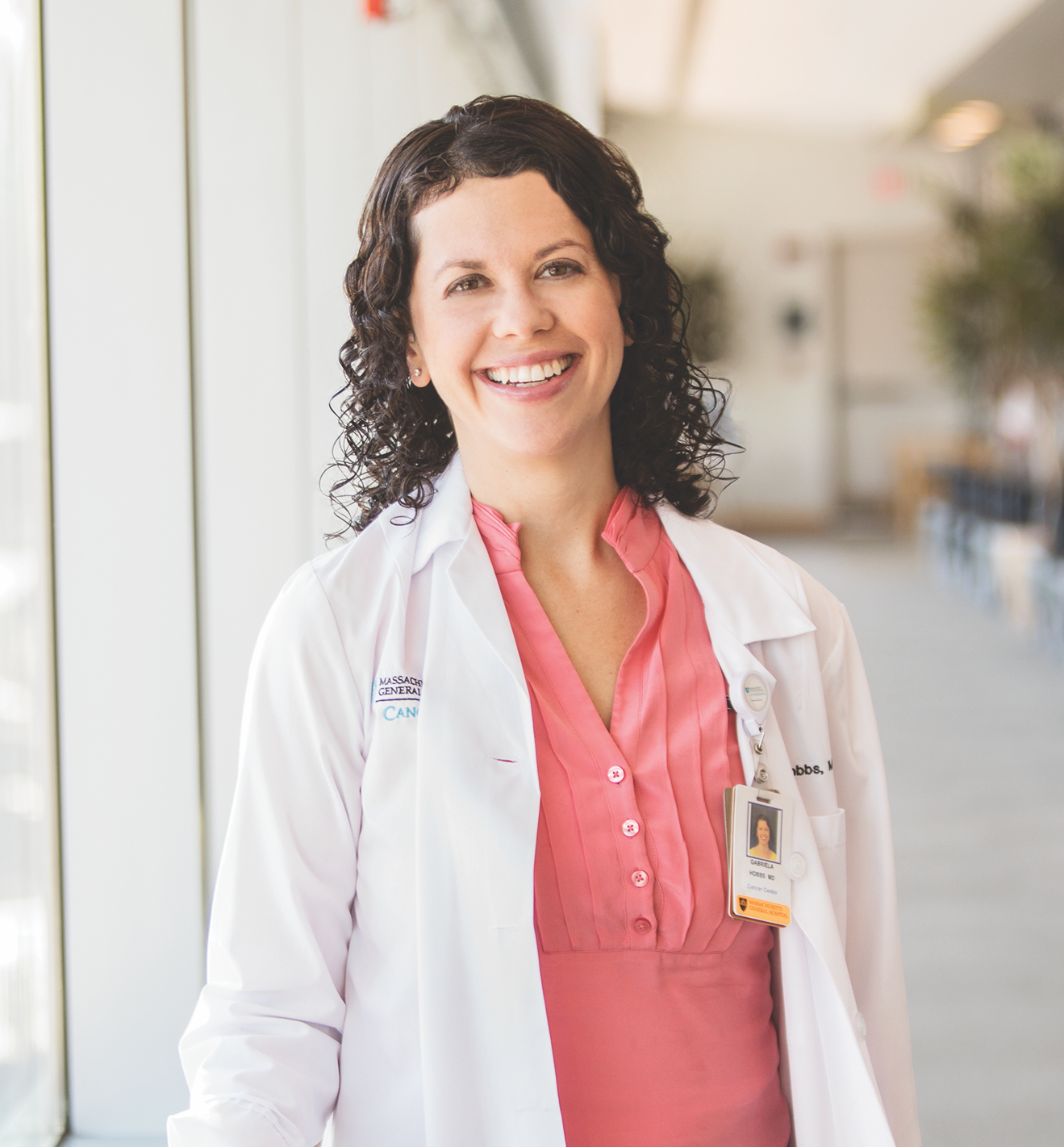 Dr. Hobbs is the clinical director of the adult leukemia service at Massachusetts General Hospital. Her clinical and research interests are myeloproliferative neoplasms and chronic myeloid leukemia.
Dr. Hobbs is the clinical director of the adult leukemia service at Massachusetts General Hospital. Her clinical and research interests are myeloproliferative neoplasms and chronic myeloid leukemia.
1.How did you become interested in hematology versus other areas of medicine?
I’ve been drawn to hematology my whole life. My first real awareness of this was when I read a children’s book about Louis Pasteur and his search for a vaccine for rabies asa young child. The idea that we had soldiers (aka immune cells) in our body that could be used to fight illness was simply fascinating. I remember staring at my hands and trying to see if I could catch a glimpse of one of these bad germs.
2.What have been the highlights in your career, specifically in the area of MPNs?
One huge highlight was when I was hired at MGH to develop a clinical and research program for MPN patients as MGH. Another, more recent highlight was when I had the opportunity to present results of a clinical trial I lead investigating the role of ruxolitinib before, during and after transplant for myelofibrosis. The outcomes with this approach have been excellent and I feel excited to be able to have contributed to improving outcomes for MF patients. Lastly, I love being a mentor and helping trainees through their journey as clinicians and researchers, I recently saw one of my mentee’s get her first faculty position and it was a very rewarding experience.
3. As a female in this area of medicine, what advice would you give women grappling with career choices in hematology and medical research?
When I was in training I remember feeling intimidated by a career in hematologic malignancies and thought that maintaining work life balance would be difficult. However, I quickly realized that if I didn’t pursue a field of medicine that I was passionate, I would never be satisfied with work and honestly, there is no such thing as an easy career in medicine. What I tell my mentees is, choose something you love so that you are excited to go to work every day but don’t be afraid to set boundaries between work and life, this will ensure your career success by allowing you to stay in medicine longer and avoid burn out.
 Dr. Hobbs is the clinical director of the adult leukemia service at Massachusetts General Hospital. Her clinical and research interests are myeloproliferative neoplasms and chronic myeloid leukemia.
Dr. Hobbs is the clinical director of the adult leukemia service at Massachusetts General Hospital. Her clinical and research interests are myeloproliferative neoplasms and chronic myeloid leukemia.